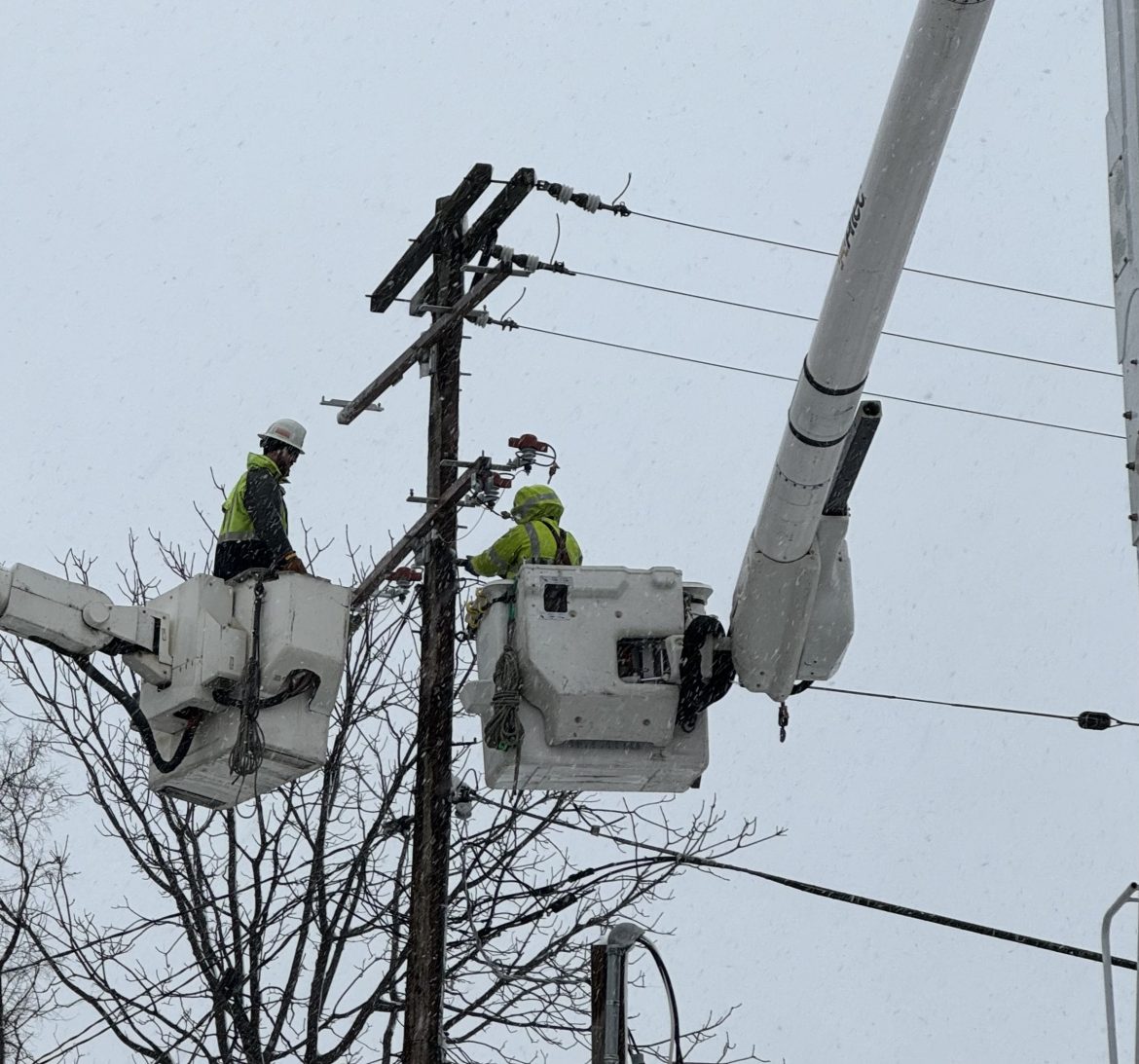Nearly a million residences and businesses in Texas continue to struggle with a lack of electricity following the devastation brought by Hurricane Beryl. The hurricane, which struck five days ago with violent winds and heavy rainfall, has caused significant damage to trees and crucial power infrastructure across the state.
CenterPoint Energy, the principal power provider in Texas, reported that approximately 860,000 of its customers are still without electricity. Despite this, the utility has successfully restored power to over 1.4 million customers since Beryl’s landfall. The restoration efforts are ongoing, with a focus on repairing the extensive damage caused to the power lines by the storm.
Another utility company, Entergy, has also been working diligently to address the power outages. As of Friday afternoon, lights have been turned back on for about 183,000 of the 252,460 customers affected by the hurricane. Entergy has projected that power will be fully restored to all affected customers by no later than Monday, with about 75% expected to regain power by the end of Friday.
The power outages have led to mounting frustrations among the residents of Texas, particularly in Houston, where temperatures have soared, and the Heat Index has exceeded 100 degrees Fahrenheit. The sweltering heat has worsened the discomfort for those without power, forcing many businesses to remain shut and residents to discard spoiled groceries, amounting to hundreds of dollars in losses.
The public’s concern is notable, with individuals like Soonkack Kook, the owner of a midtown Houston coffee shop, voicing their frustrations on social media. Kook highlighted the severity of the situation and questioned the preparedness of the utility companies for future storms. He pointed out that Hurricane Beryl was only a Category 1 hurricane and expressed concerns about the potential challenges if stronger hurricanes were to hit the region.
Meteorologists from Colorado State University have indicated that this could be the beginning of a particularly active hurricane season. They have revised their forecasts upward, now expecting six major storms with winds surpassing 111 miles per hour. Hurricane Beryl, which was initially a Category 5 storm—the earliest on record—had weakened to a Category 1 by the time it made landfall in Texas.
In response to the widespread power outages, CenterPoint has ramped up its recovery efforts. The utility has replaced over 2,000 poles and cleared damages from more than 6,000 trees that impacted power lines and other electrical equipment. CenterPoint aims to restore power to 80% of the impacted customers by the end of Sunday.
The power crisis has driven many local residents to seek accommodations elsewhere, with hotels and vacation rental platforms like Airbnb seeing a surge in bookings. However, available options are scarce, and many are expensive, adding to the community’s hardships. Experts, including Lowell Ungar, director of federal policy for the American Council for an Energy-Efficient Economy, have highlighted the dangers of prolonged power outages, especially during intense heat events. Ungar noted that homes that are not well-insulated can become dangerously hot very quickly without air conditioning.
Beryl’s impact extended beyond residential areas, affecting major industrial operations as well. The Freeport area, home to the country’s third-largest liquefied natural gas facility and numerous chemical plants, saw significant disruptions. Freeport LNG powered down in anticipation of the hurricane and has not yet resumed operations. Similarly, chemical companies like Dow and Olin reported operational instabilities and damage to their facilities, which have forced them to scale back production or declare force majeure for certain shipments.
As the region begins to recover, the ports along the Gulf Coast, closed in anticipation of the hurricane, have largely resumed operations. This return to normalcy is essential for the economic stability of the area, which relies heavily on its ports for commerce.



